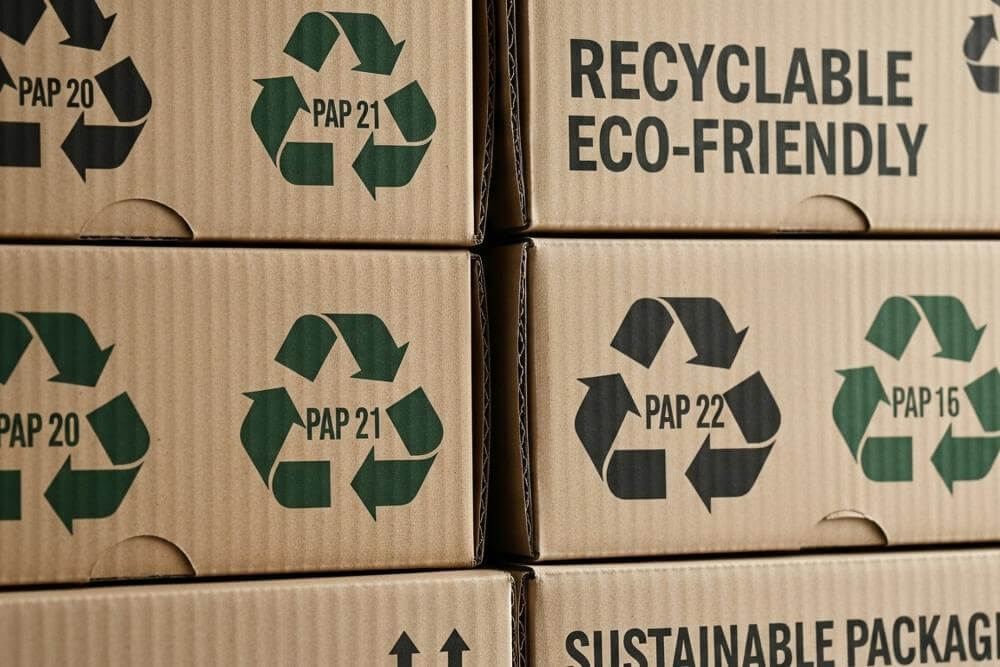
Pathway to Net Zero, launched in November 2023 is a fully funded support programme helping businesses adopt more environmentally conscious processes and move towards becoming Net Zero.
Taking action on climate change provides a host of additional opportunities for local businesses, such as creating jobs, lowering costs, and attracting new clients or investors. This programme, funded by Plymouth City Council through the UK Shared Prosperity Fund, provides one-to-one sessions, workshops, and self-learning resources to support with:
- Sustainable business practices
- Developing a green workforce culture
- Reducing your digital carbon footprint
- Sustainability certification options
- Creating an Environmental Management System
- Carbon measurement carbon audits
The United Kingdom stands as a global pioneer by committing to eliminate its contribution to global warming, setting a target of achieving net-zero emissions by 2050 (The Industrial Decarbonisation Strategy - HM Government, 2021).
For the UK to reach this target, all businesses need to improve their environmental performance. According to the Net Zero Review 2020, achieving net zero is essential for long-term prosperity (HM Treasury, 2020), so it is vital businesses start to measure their carbon use and develop action plans to reduce their reliance on all Greenhouse gas emissions.
Taking action on climate change provides a host of opportunities for local businesses, such as creating jobs, lowering costs, and attracting new clients or investors.
All businesses, however small, produce carbon emissions, so this is an excellent opportunity for Plymouth businesses, at whatever stage of the Net Zero journey to seize the opportunities presented by tackling climate change.
Pathway to Net Zero is funded by the UK Government and is receiving up to £60,000 of Shared Prosperity Funding. The Department for Levelling Up, Housing and Communities is the Managing authority for these funds. The accountable body for this programme is Plymouth City Council.

Developing an EPD can ensure you meet tender requirements, as well as providing an opportunity to understand and reduce the true environmental impact of your products.

Understanding the Transition from SECR to UK SRS. The UK government is replacing the current Streamlined Energy and Carbon Reporting (SECR) framework with the more comprehensive UK Sustainability Reporting Standards (UK SRS).

As part of its Net Zero Supplier Roadmap, the NHS has announced that by April 2027, all suppliers, including those providing food, medical products, and services, will be required to submit a comprehensive Carbon Reduction Plan (CRP).

Carbon Sense is your expert partner in carbon reduction. We support UK organisations to understand, measure, and reduce their carbon footprint, save energy, and make sense of sustainability. With a practical, no-nonsense approach, we help you achieve Net Zero goals while protecting your bottom line.

"We are excited to support the awards this year and are honoured to sponsor the Carbon Positive category. At this crucial time, carbon mitigation and an embedded strategy to achieve Net Zero are vital to avoid further climate change catastrophes".

In a world increasingly focused on sustainability, Carbon Literacy has emerged as an essential tool for businesses seeking to reduce their environmental impact. Carbon Sense understands the value and benefits of Carbon Literacy Training whether for a team within your business, or for your entire organisation.

A carbon reduction or decarbonisation plan is a set of strategies and actions that an organisation, community, or government implements to reduce its carbon footprint and mitigate the effects of climate change.

Carbon credits, and their differences, is a frequent topic of discussion. When developing a sustainability strategy or communicating about sustainability, its essential for businesses to understand these differences

Pathway to Net Zero, launched in November 2023 is a fully funded support programme helping businesses adopt more environmentally conscious processes and move towards becoming Net Zero.

The future still remains uncertain so considering options to reduce energy consumption to rely less on the grid is becoming more and more necessary.

Climate change has become a key issue for us all. With scientific reports being released every day, we now know more about the changes that are happening to the Earth’s systems.

The impact of the industrial revolution has created a climate where pretty much all our activities have an impact on the environment.

By reducing your organisation’s carbon footprint you can reduce your impact on the environment and resources.

There is a wealth of research being undertaken by the leading academics studying climate change and assessing how we can build climate resilience and reduce risk.

It is important to get good advice to ensure that you avoid the common pitfalls and have a plan that works for you and achieves genuine environmental benefits.